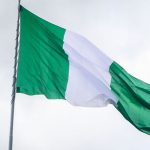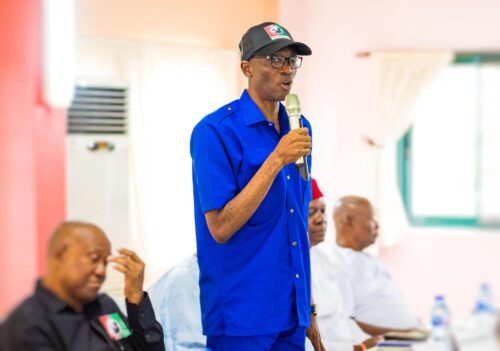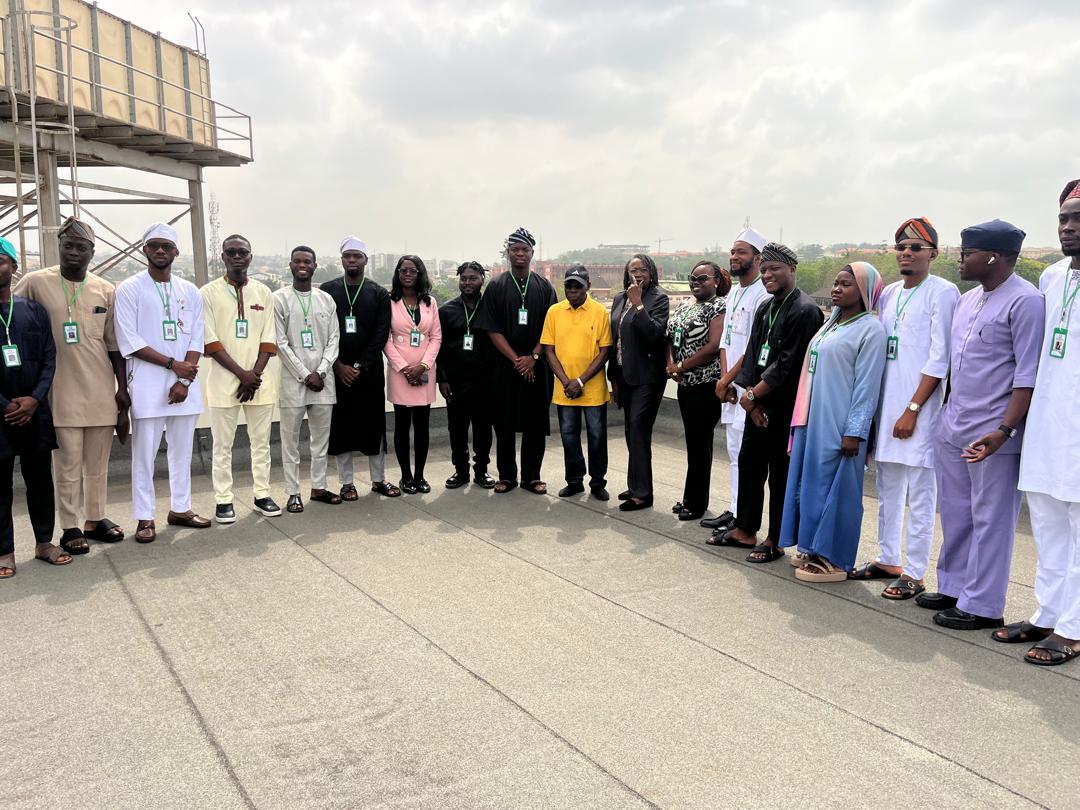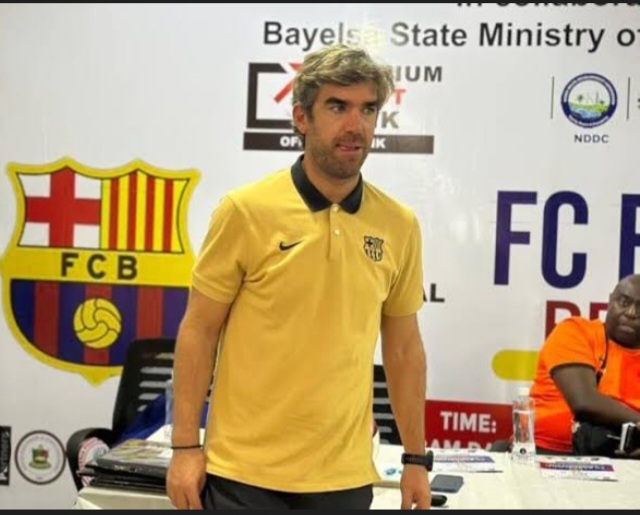Opinion: Celebrating Nigeria at 60: How Nigeria got her National Pledge
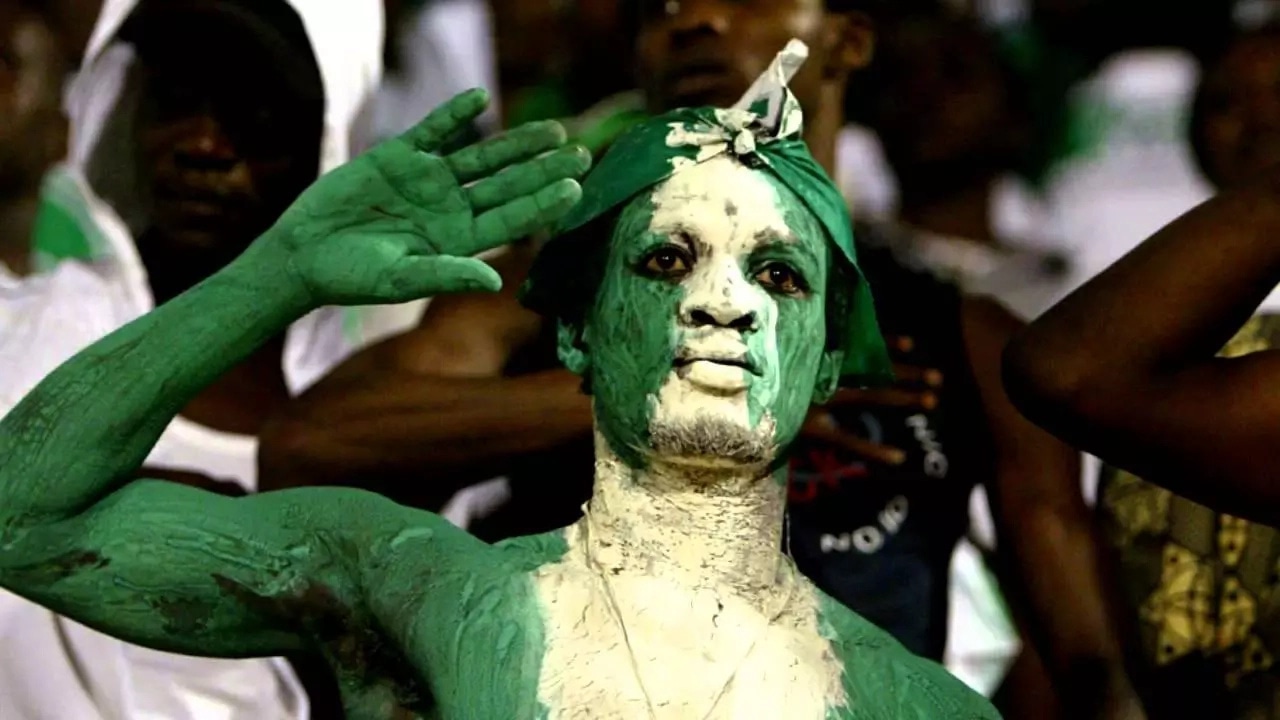
By Tunji Okegbola
“I Pledge to Nigeria my Country …” so goes the opening line of the 6-line National Pledge of Nigeria.
Today, not a few, whether young or old, merely recite the National Pledge as a matter of routine or tradition, with their hearts being poles apart from the very spirit, creed and essence of the pledge.
Many simply do not understand its purport or feel the weight of it, while many others chose to observe the pledge in breach only.
Of this latter group, our leaders, past and present – military or civilian, or the pseudo-democrats, are the most liable.
Millions more do not even know the patriotic Nigerian who originated the National Pledge.
Nigeria, no doubt would definitely have been a true giant of Africa, developed and well rated on all indices, if her National Pledge had been treated with sacred obedience.
The Nigerian National Pledge was originated, conceived, and written in 1976 by a foremost Nigerian educationist, Prof. (Mrs.) Felicia Adebola Adeyoyin.
She was born on November 6, 1938. Adeyoyin, the 2nd of 6 children, is an adorable princess from the Iji Latubi ruling house of Shaki in Shaki West LG, Oke Ogun area of Oyo State.
The delectable Princess Adeyoyin is happily married to her most cherished husband Mr. Solomon Adedeji Adeyoyin (SAA), an indigene of Ire, Osun State.
He is a doyen of the oil industry where he had a 26-year stint with Mobil Oil and 5 years with IPWA.
Their union is blessed with 4 children: Mrs. Adebola Ogunremi, Adedeji Adeyoyin, Adedayo Adeyoyin, and Mrs. Oluseyi Korede.
These children deserve more than a passing mention here as their childhood curiosity, inquisitiveness and assertiveness provided the necessary challenge that propelled their mother to conceive and develop the idea of a National Pledge for Nigeria.
According to her, the children were already acquainted with reciting the Oath of Allegiance in their school in New York, USA and also the State Pledge (which was introduced on 1 June, 1976) in Achimota School in Accra, Ghana.
Instinctively, the children sought to know why they didn’t recite any pledge while they were in Nigeria.
Of course their mother told them the home truth – their fatherland had no National Pledge.
Consequently, they put her to task in June 1976 to write a pledge for Nigeria.
Her creative work, while she was aged 38, was featured in the Daily Times of July 15, 1976 in an article titled “Loyalty to the Nation, I Pledge”.
It was the late Barrister Emmanuel Ambulate Adewusi, a mutual friend of the Adeyoyins and former President Olusegun Obasanjo, who had read the Daily Times article that, presented it to Obasanjo in August 1976.
Gen. Obasanjo, the then Head of State, accepted her work and modified it On September 6, 1976, while addressing the people on the occasion of the formal launch of the Universal Free Primary Education (UPE), Lt. General Obasanjo announced the introduction of a National Pledge of Loyalty to be recited by pupils at the beginning and end of every school day as well at every major assembly or congregation.
According to him: “…One way of preparing the young for the future responsibilities as citizens of this country is by inculcating in them early in their lives positive values of patriotism, loyalty, and selfless services to their fatherland. “
The Supreme Military Council and National Council of State have , therefore approved a National Pledge of Loyalty whose wordings is as follows: I pledge to Nigeria my Country To be faithful and honest To serve Nigeria with all my strength To defend her unity And uphold her honour and glory So help me God.
“With immediate effect, children in primary schools will make the pledge at the beginning and end of every school day as well at every major assembly or congregation.”
Chief Olusegun Obasanjo acknowledged this rare feat in his book titled “Not My Will” (1990 at pg. 118). Prof. (Mrs.) Felicia Adebola Adeyoyin never had any misgivings over her non-recognition and honour by government, saying that she did not write for a reward.
READ ALSO: Nigeria at 60: It’s a time to pledge, not celebrate — SPN Nat. youth leader
Rather she feels highly fulfilled that, through the encouragement of her children, she has been able to contribute her own quota to our symbols of nationhood.
She only took up the challenge posed to her by her children to serve her fatherland.
Even though many recite the pledge in vain today, she is satisfied that the pledge has made, and will continue to make impacts on the lives of citizens even for generations yet unborn.
However, in December 2005 and 29 years after writing the pledge, her long overdue honour came her way in Abuja when she was conferred with the National Honour of Officer of the Order of the Niger, (OON) by President Olusegun Obasanjo, who coincidentally, also accepted the pledge she wrote in 1976.



